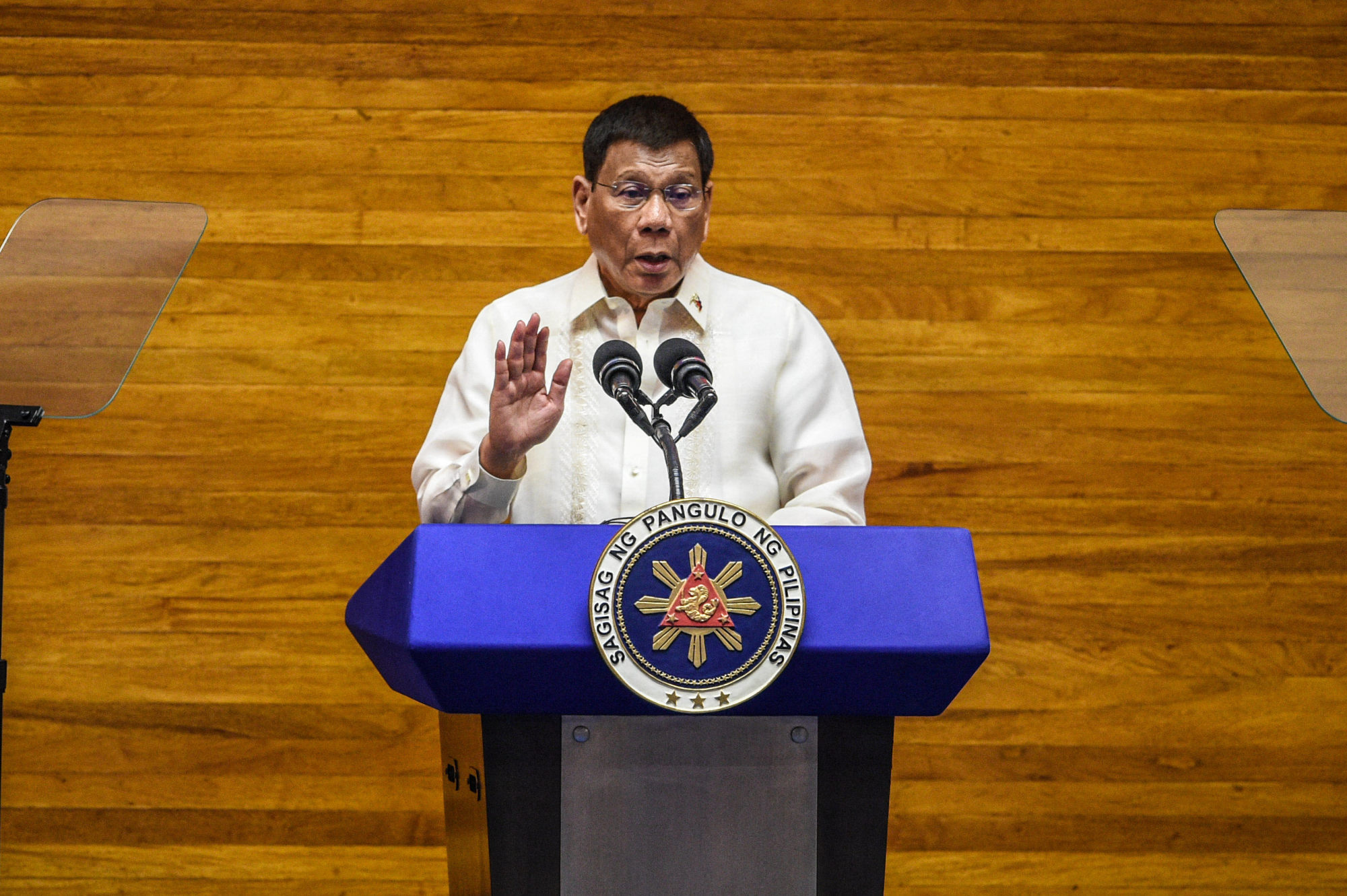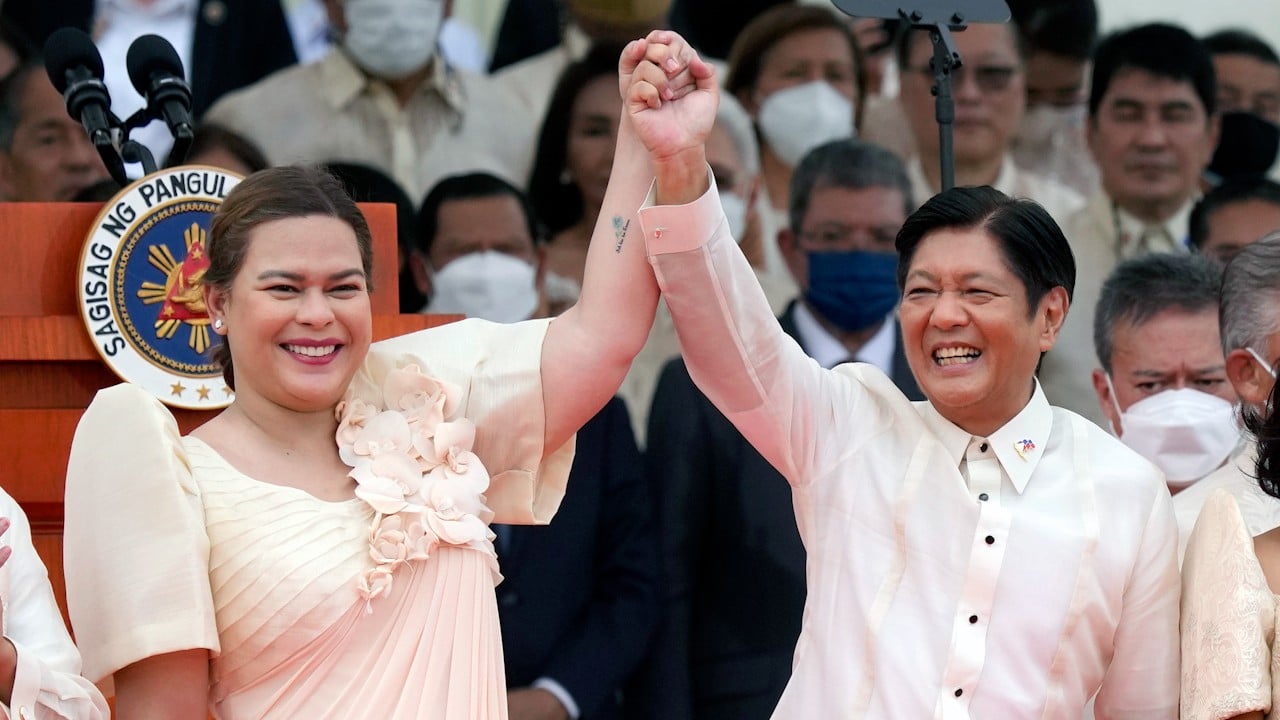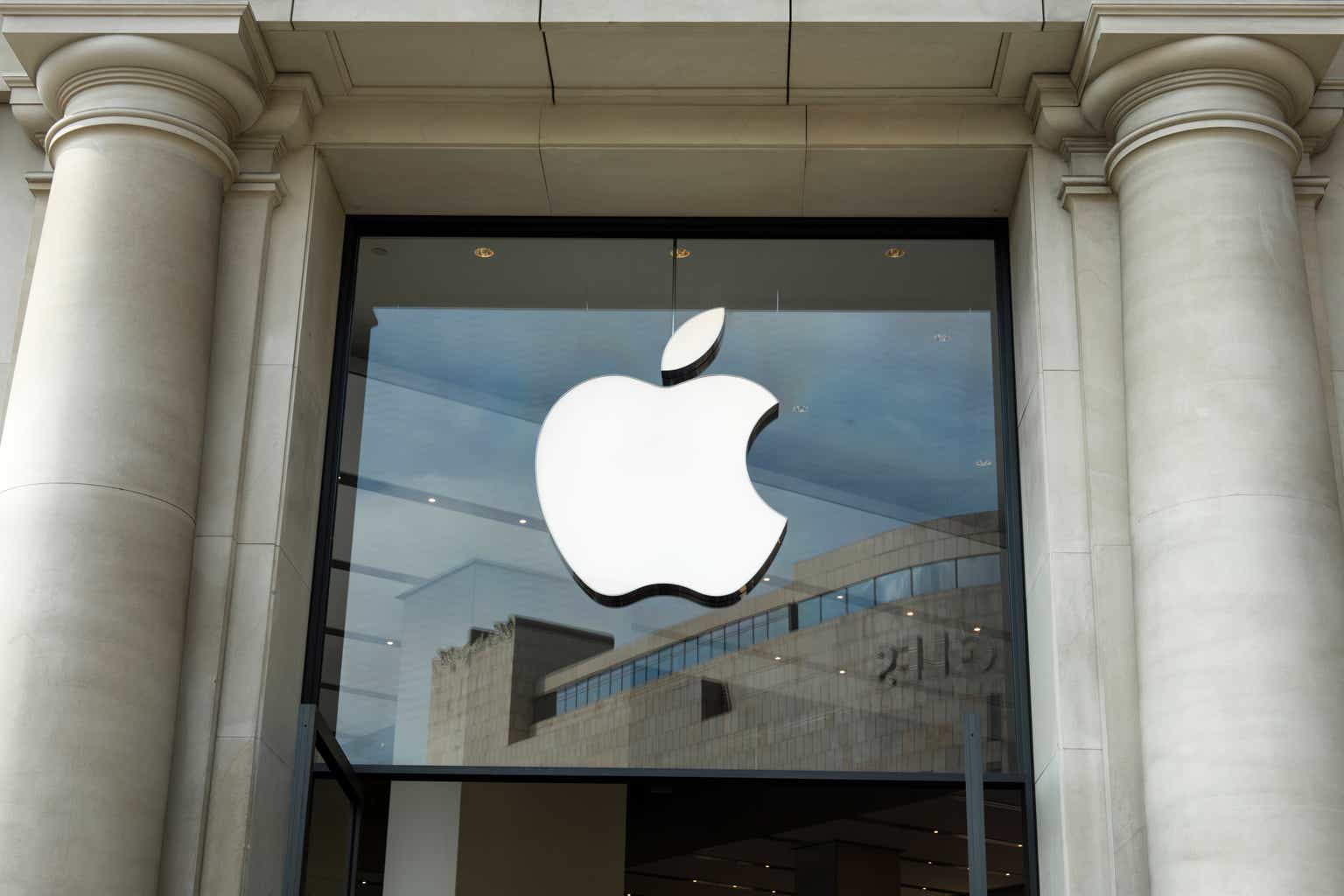Will a Philippine senator’s exoneration spark a deeper probe into Duterte’s drug war? – Technologist
De Lima told reporters she felt “an enormous sense of relief and happiness” after the decision was announced.
“It’s very liberating. I respected the rule of law, despite the pain, despite the injustices of it all. I confronted the charges head on, and I went through and endured the whole process,” she added.
Former President Duterte administration filed three charges against De Lima on accusation of receiving money from drug traffickers when she was the justice secretary between 2010 and 2015.
After key government witnesses recanted their earlier statements against her, the court tossed out two out of the three charges.
In November last year, the former senator was released on bail from jail after spending six years in custody.
De Lima was widely believed to have been targeted by Duterte due to her vocal criticism of his administration and her investigations into extrajudicial killings linked to his anti-drug campaign, which officially led to the deaths of at least 8,000 people but activists believe killed far more.
Clear evidence for the ICC?
The International Criminal Court (ICC) is investigating Duterte for crimes against humanity related to his war on drugs, including killings that took place in Davao City while he was its mayor prior to becoming president.
Carlos Conde, a senior researcher at Human Rights Watch, told This Week in Asia that De Lima’s exoneration will hopefully prompt the ICC to look closer into the evidence already submitted to it by victims of the Duterte’s drug war, saying it was clear evidence that his administration had manipulated the legal process against the former senator.

“If the government could do this to her, just imagine the difficulties and challenges faced by victims who are poor and less fortunate as De Lima?” Conde said.
“This should compel the [administration of current President Ferdinand Marcos Jnr] to take firmer action on the abuses and to make sure that these are investigated and prosecuted,” he added.
De Lima, a former chief justice, said that she would continue to help the ICC in its case against Duterte.
“To former President Duterte, you will now be held accountable for your sins against the people. I am just one victim. Thousands of Filipinos were killed during your bloody and fake war on drugs. Many families were orphaned,” she said on Monday.
Political impact
Ramon Beleno III, head of the political science and history department at Ateneo De Davao University in Davao City, told This Week in Asia there is no point in the ICC continuing its investigation as De Lima’s case showed that the justice system is working.
“The point of the ICC is that if there’s a state-sponsored crime and the justice system is not working, their legal intervention will come in,” he added.
However, should the dismissal of De Lima’s cases increase support for the ICC investigation, Beleno said it could have implications for the political prospects of both Duterte and his daughter, current Vice-President Sara Duterte-Carpio.
Asked whether the ICC case could taint Duterte-Carpio’s political career, Beleno said the way the vice-president responds will definitely have an impact.
“I don’t think she will remain silent, especially now she is no longer a member of the cabinet. She can now criticize the administration,” he said.
Publicist Alejandro Danao Jnr, managing partner of A.Davao PR consultancy, told this Week in Asia that the long-term impact of the ICC case moving forward is still too difficult to gauge politically.
“The political scenario and dynamics now would be too different from 2028,” he noted, adding that it was unlikely the ICC case would impact people’s perceptions of Duterte-Carpio since “she is different from her father” and because there are more pressing issues on voters minds like the country’s stagnant economy.


![Best High Yield Savings Accounts [Rates Updated Daily] – Technologist Best High Yield Savings Accounts [Rates Updated Daily] – Technologist](https://thecollegeinvestor.com/wp-content/uploads/2021/06/Best_High_Yield_Savings_Account_1200x628.png)
